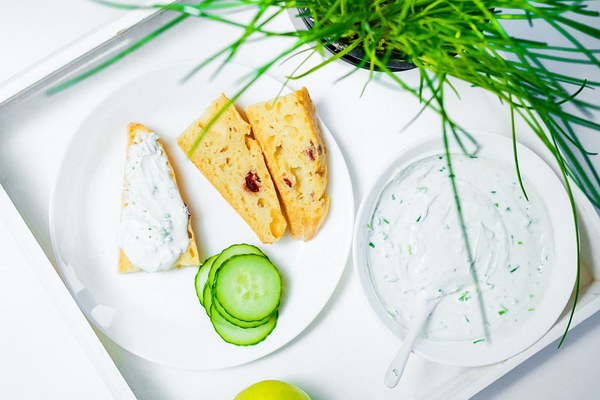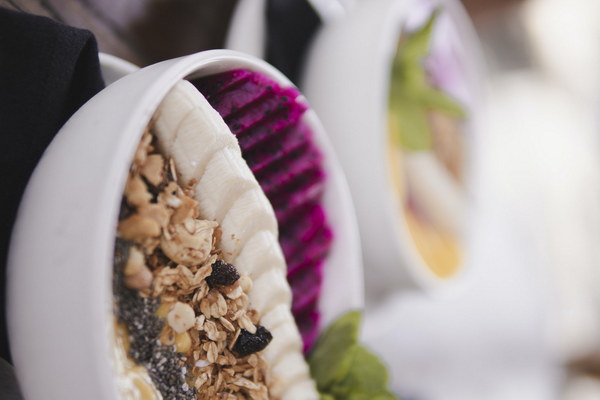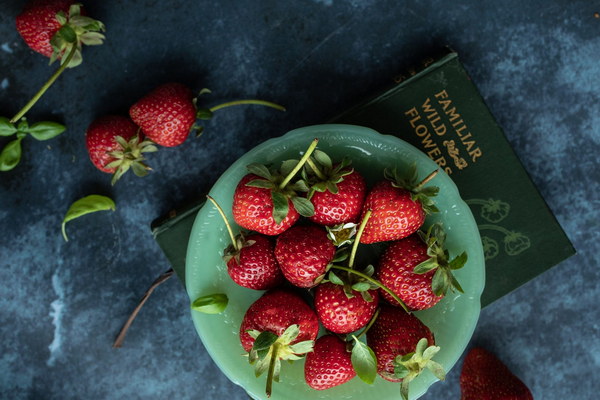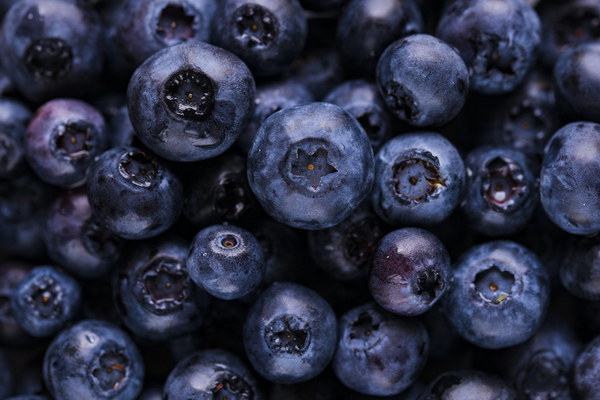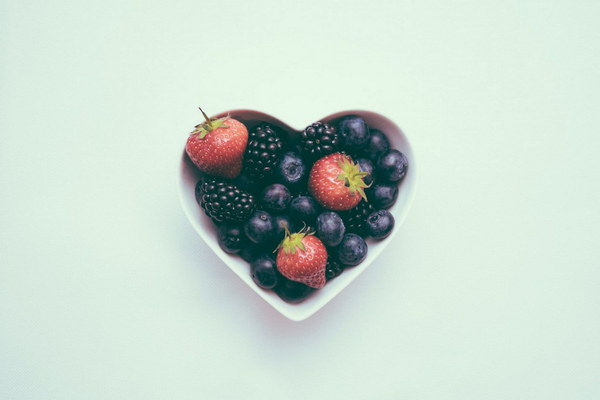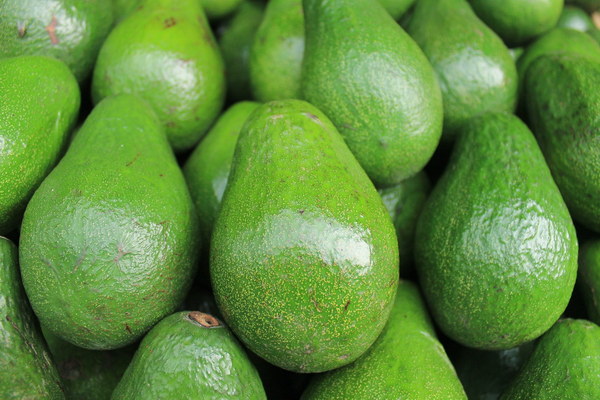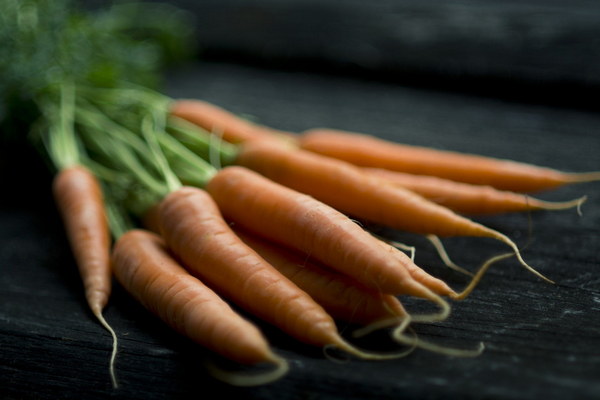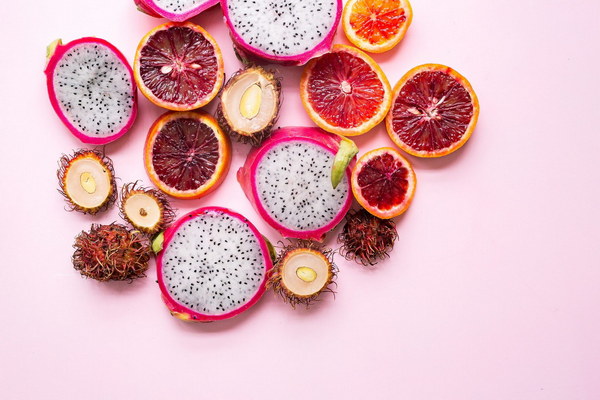Natural Ways to Lower Blood Pressure A Nutritional Approach
High blood pressure, also known as hypertension, is a prevalent health issue affecting millions of people worldwide. While medication is often prescribed to manage hypertension, incorporating a nutritious diet can significantly contribute to lowering blood pressure naturally. In this article, we will explore various dietary approaches to help you achieve lower blood pressure levels.
1. Increase Potassium Intake
Potassium is a vital mineral that helps regulate blood pressure. Foods rich in potassium include bananas, oranges, avocados, sweet potatoes, and leafy greens like spinach and kale. Aim to consume about 4,700 milligrams of potassium daily to promote healthy blood pressure levels.
2. Consume Magnesium-Rich Foods
Magnesium is another essential mineral that plays a crucial role in maintaining blood pressure. Almonds, cashews, black beans, and dark chocolate are excellent sources of magnesium. Incorporating these foods into your diet can help lower blood pressure and improve overall heart health.
3. Limit Sodium Intake
Sodium is a common culprit in high blood pressure. Excessive sodium intake can lead to fluid retention, which increases blood pressure. To reduce sodium levels, avoid processed foods, canned goods, and restaurant meals. Instead, opt for fresh, whole foods and season your dishes with herbs and spices.
4. Eat More Fruits and Vegetables
Fruits and vegetables are rich in essential nutrients and antioxidants that can help lower blood pressure. Aim to consume at least 8 servings of fruits and vegetables per day. Berries, apples, carrots, and leafy greens like spinach and kale are particularly beneficial.
5. Incorporate Heart-Healthy Fats
Healthy fats, such as omega-3 fatty acids, can help lower blood pressure. Foods rich in omega-3s include fatty fish like salmon, mackerel, and sardines, as well as flaxseeds, chia seeds, and walnuts. Aim to consume fatty fish at least twice a week to reap the benefits of omega-3s.
6. Choose Whole Grains
Whole grains are rich in fiber and can help lower blood pressure. Incorporate whole grains into your diet by choosing foods like brown rice, quinoa, oatmeal, and whole-grain bread. These foods can help regulate blood pressure and improve heart health.
7. Limit Alcohol Consumption
Excessive alcohol consumption can lead to high blood pressure. If you choose to drink, do so in moderation. For women, this means up to one drink per day, and for men, up to two drinks per day.
8. Stay Hydrated
Drinking plenty of water is essential for maintaining healthy blood pressure. Aim to drink at least 8 glasses of water daily. Staying hydrated can help regulate blood pressure and support overall heart health.
9. Manage Stress

Chronic stress can lead to high blood pressure. Implement stress-reduction techniques such as meditation, yoga, or deep breathing exercises to help lower blood pressure.
10. Regular Physical Activity
Regular exercise is crucial for maintaining healthy blood pressure levels. Aim for at least 150 minutes of moderate-intensity aerobic activity or 75 minutes of vigorous aerobic activity each week. Additionally, incorporating strength training exercises can further improve heart health.
By incorporating these nutritional approaches into your daily routine, you can help lower blood pressure naturally and improve your overall health. Consult with a healthcare professional or registered dietitian before making significant changes to your diet or starting any new exercise regimen.
